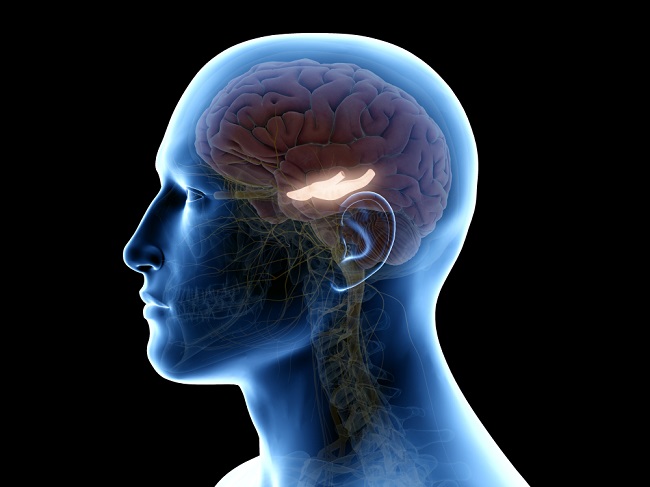Hippocampus or hippocampus is a small part of the brain that plays an important role in remembering new information and connecting emotions to those memories. Damage to parts hippocampus can lead to impaired memory formation.
Hippocampus is part of the limbic system, which is the control center for emotional reactions. This part of the brain is located in the inner temporal lobe, near the center of the brain. Hippocampus functions to process memory, help humans recognize objects, and remember and understand the language they hear.

Function Hippocampus on Brain
The main function hippocampus is to process declarative memory, which is a type of memory that involves things that are intentionally remembered, such as certain facts or events. This section is not involved with short-term memory and procedural memory, such as memory for walking or running.
Here are some functions hippocampus specifically:
1. Processing and storing spatial memory
Back hippocampus involved in processing spatial memory or memories related to direction and location. An example of spatial memory is the memory of the route from home to school or to work.
2. Strengthen memory
Hippocampus It also has a role in strengthening memory. This function will stand out during sleep, especially after learning something. Several studies have found that the activity of hippocampus will increase during sleep, so it will produce a sharper memory when you wake up.
3. Sending memory into long-term memory
A memory or memories are not really stored long term in hippocampus. However, this part of the brain acts like a sending center that is a transit point for memory before it is sent and stored as long-term memory.
This function is as important as the storage function, because without being processed and strengthened in hippocampus a memory will be forgotten. Just like the previous function, sleep has a big role in supporting this memory delivery process.
4. Supports cognitive and social abilities
Hippocampus is also involved in supporting one's cognitive abilities and social behavior, so that it can support humans to interact and participate actively in society. This is related to the function hippocampus capable of processing new information and understanding events in everyday life.
On the other hand, hippocampus also allows a person to use good and correct language so that he is able to adapt to the surrounding environment, wherever the place is.
Impact of damage Hippocampus
Because hippocampus involved in the formation of long-term memories, damage to this part of the brain can seriously impact a person's long-term ability to remember things, such as names, dates, events, directions, locations, and orientations.
Several studies have shown that damage to hippocampus left side can cause disturbances in remembering verbal information, while damage to hippocampus the right side can cause memory impairment related to visual information.
Damage to hippocampus It is also considered to be able to influence a person's creativity, imagination, and empathy, as well as his ability to socialize and use good and correct language in the community.
Diseases most widely known to be associated with damage hippocampus is Alzheimer's disease. In addition, several studies have also found that the damage hippocampus associated with depression, cognitive impairment, and epilepsy.
To maintain health hippocampus and the brain as a whole, you are advised to exercise regularly, eat a balanced nutritious diet, manage stress well, do brain exercises, and avoid smoking, alcoholic beverages, and the use of illegal drugs.
If you often forget or suddenly find it difficult to remember something that you had memorized very well before, especially to the point that this complaint interferes with your daily life, immediately consult a doctor to get the right examination and treatment.









